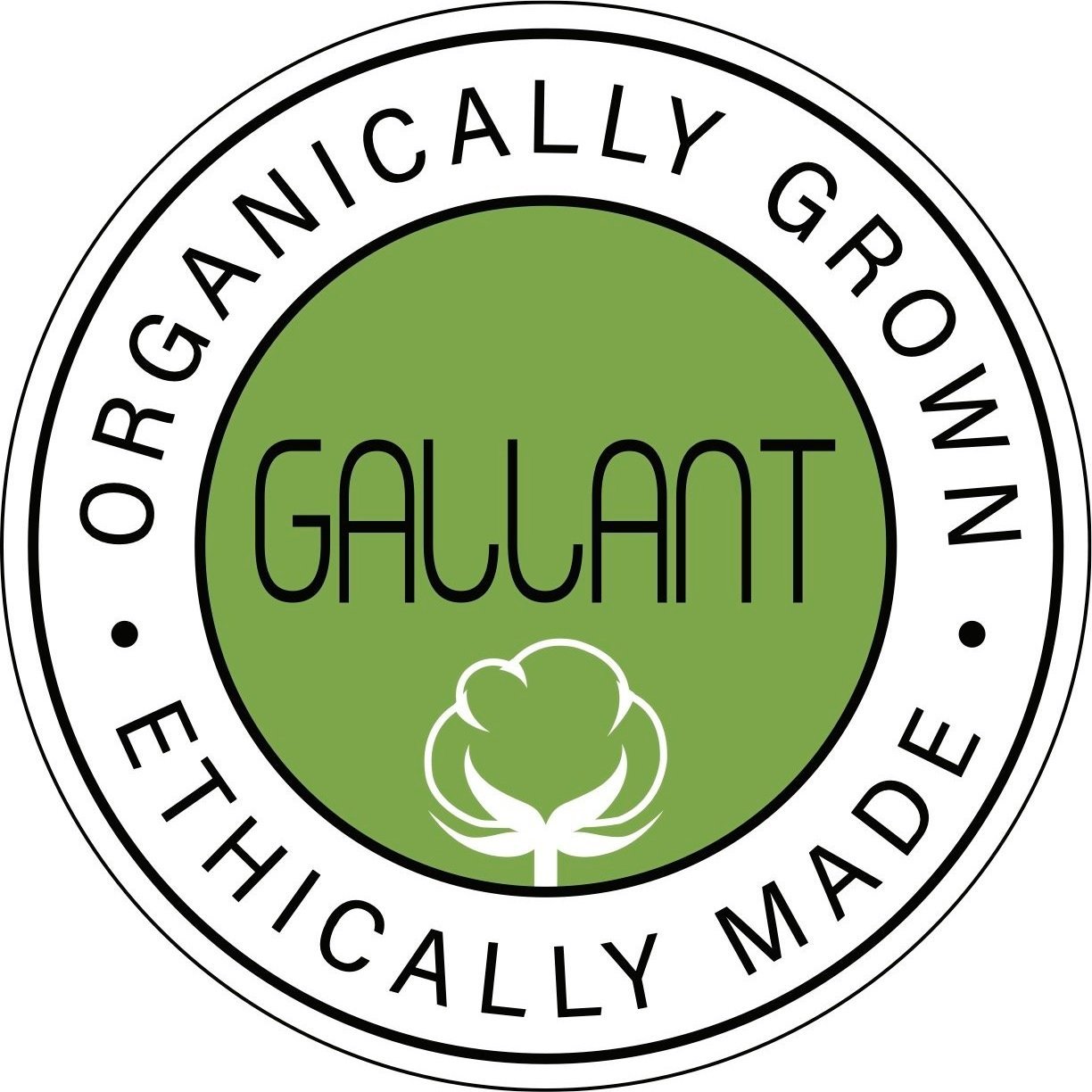EWG's top 12 dirtiest, pesticide contaminated produce in the US
Don’t Put These Dirty Dozen in Your Reusable Produce Bag. The EWG states that over 70% of conventional produce comes with pesticide residue. Talk about yuck!
Photo via NeONBRAND on Unsplash
The Environmental Working Group has just released its annual list of the top twelve dirtiest, pesticide contaminated produce. Before testing, all produce was washed and peeled, proving that the pesticide residue was inside the produce, and not just sitting on the outside. The EWG’s dirty dozen list for 2019 is as follows:
1. Strawberries
2. Spinach
3. Kale
4. Nectarines
5. Apples
6. Grapes
7. Peaches
8. Cherries
9. Pears
10. Tomatoes
11. Celery
12. Potatoes
The EWG also stated that hot peppers would be the thirteenth on the list, because of their high levels of insecticides. They suggest thoroughly cooking the peppers to reduce the amounts on insecticides.
When looking to fill up your reusable produce bags at the grocery store, you definitely want to purchase these twelve produce items organic if possible. Pesticides can be extremely hazardous to your health. The USDA tests found over 225 different types of pesticide residue, and many tests of Kale found over 18 types of pesticide residue. Pesticide and insecticide exposure can lead to health problems, disease and sickness. The most common pesticide found on Kale was DCPA, a known human carcinogen and a pesticide banned in Europe since 2009. Pesticide exposure has also been linked to poor reproductive health in a study done in 2018. Pesticides also harm wildlife, ecosystems and many are toxic to bees, who are essential in pollinating our crops.
Gallant’s custom produce bags are made with 100% GOTS Certified Organic cotton, guaranteeing that they are free from pesticides, insecticides, and GMOs. Our bags are also completely customizable in size, shape, color, and accessories, as well as print and embroidery. Invest in our organic cotton produce bags and encourage your customers to fill them up with delicious, organic produce!
Source:


